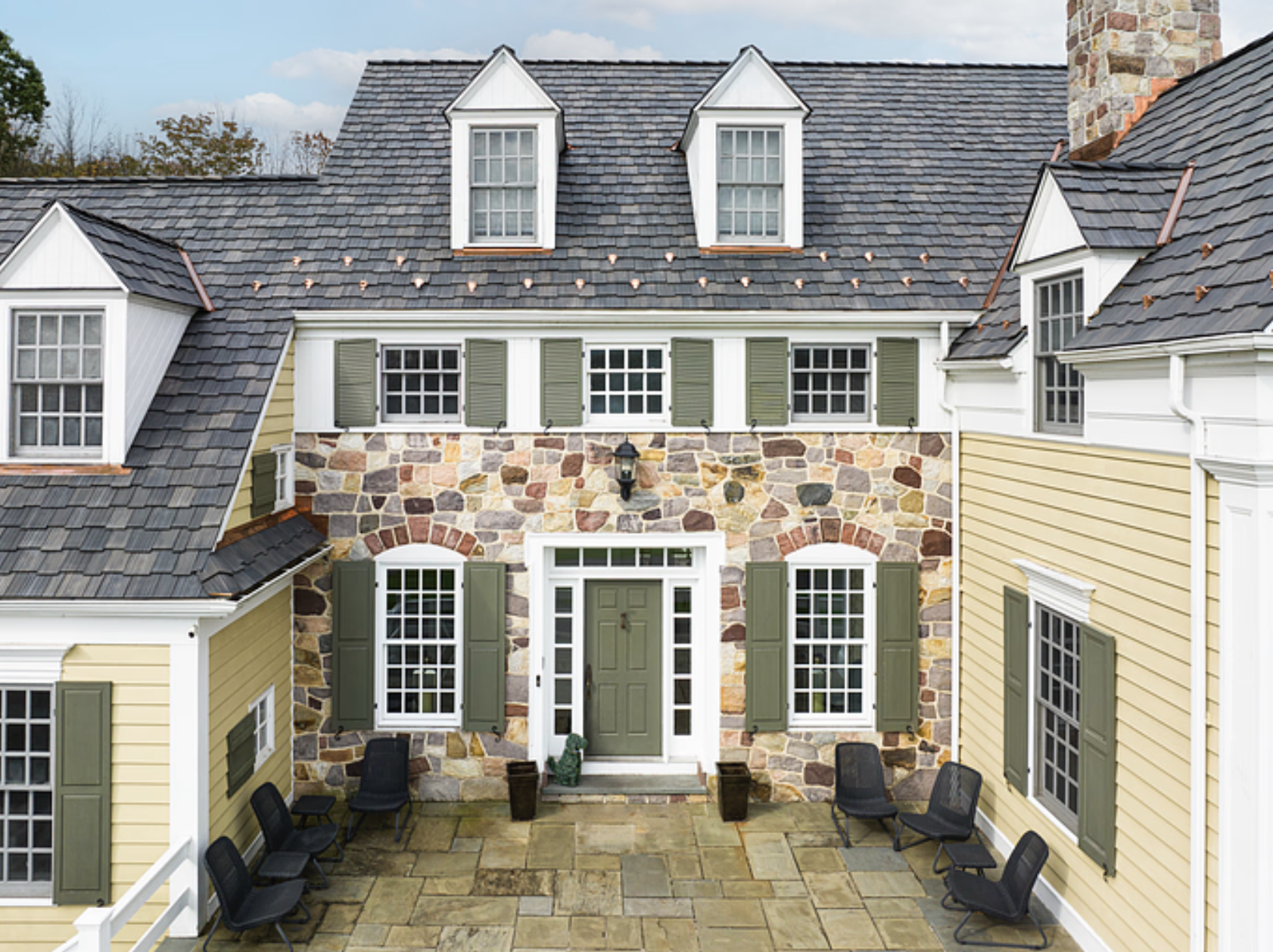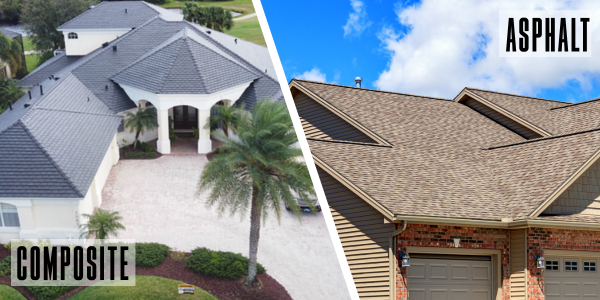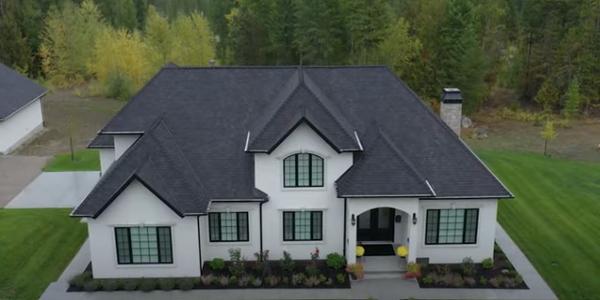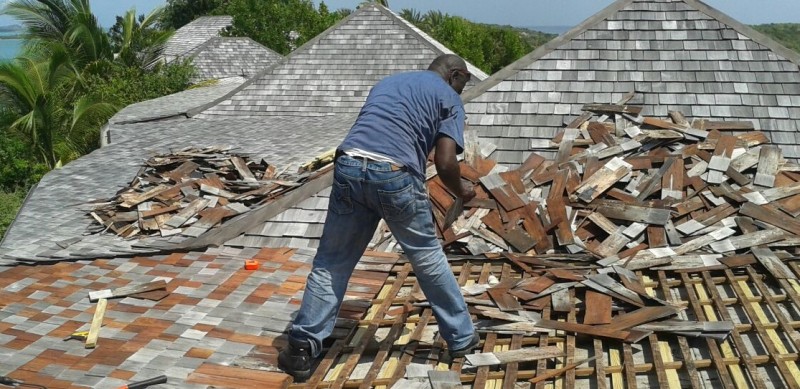What are the key differences between asphalt and composite roofing?
July 8, 2025 at 6:00 a.m.By DaVinci Roofscapes.
Tracee, a Colorado homeowner, is considering replacing her asphalt shingle roof with composite shakes, but needs to understand the differences in the materials.
Homeowners should start by understanding what a product is made of, then consider how the roofing product stands up to different weather conditions and what type of warranty it has.
Asphalt shingles, also known as composition shingles, are primarily made of a fiberglass mat, asphalt and mineral granules. The fiberglass mat provides the structural base for strength, the asphalt acts as a waterproof layer and the granules offer color, UV protection and fire resistance. Depending on the manufacturer, a warranty can last anywhere from 10 to 30 years.
Composite (or synthetic or polymer) shingles can be made of pure resins or a recycled content (or a mixture of both). These products are generally molded and are created to high classifications of impact and fire resistance ratings. Again, depending on the manufacturer, warranties vary. Some last 30 years up to an unlimited material lifespan.
Apples to oranges
 One composite manufacturer, DaVinci Roofscapes, creates their products from virgin resins, UV and thermal stabilizers, as well as a fire retardant. The result is a state-of-the-art tile that gives the company the greatest degree possible of color control and consistency in the manufacturing process. This results in an incredibly durable and attractive roofing tile for a homeowner.
One composite manufacturer, DaVinci Roofscapes, creates their products from virgin resins, UV and thermal stabilizers, as well as a fire retardant. The result is a state-of-the-art tile that gives the company the greatest degree possible of color control and consistency in the manufacturing process. This results in an incredibly durable and attractive roofing tile for a homeowner.
These shake and slate composite tiles have a Lifetime Limited Material Warranty. They are tested and have achieved some of the highest ratings in the industry, such as Class A fire and Class 4 impact ratings, plus Miami-Dade County NOA and Texas Dept. of Insurance ratings.
Why is this important?
Because asphalt tiles can be dented on impact from hail or flying debris during storms, whereas the DaVinci product is impact resistant. And, asphalt tiles are vulnerable to “wind lift” from strong winds. However, the DaVinci tiles are wind rated up to 110 mph and up to 180 mph in High Velocity Hurricane Zones.
The sun is also especially brutal on asphalt shingles, causing them sometimes to curl, split or be brittle. Plus, granules can be knocked off these tiles during storms. These negative aspects simply don’t occur with composite roofing.
Asphalt vs. composite roofing
This is the tip of the iceberg of understanding differences between asphalt and composite/polymer roofing. Homeowners are encouraged to discuss product details and options with their roofers and to do their research before investing in roofing.
The following articles may be of great assistance:
Learn more about DaVinci Roofscapes in their Coffee Shop Directory or visit www.davinciroofscapes.com.














Comments
Leave a Reply
Have an account? Login to leave a comment!
Sign In